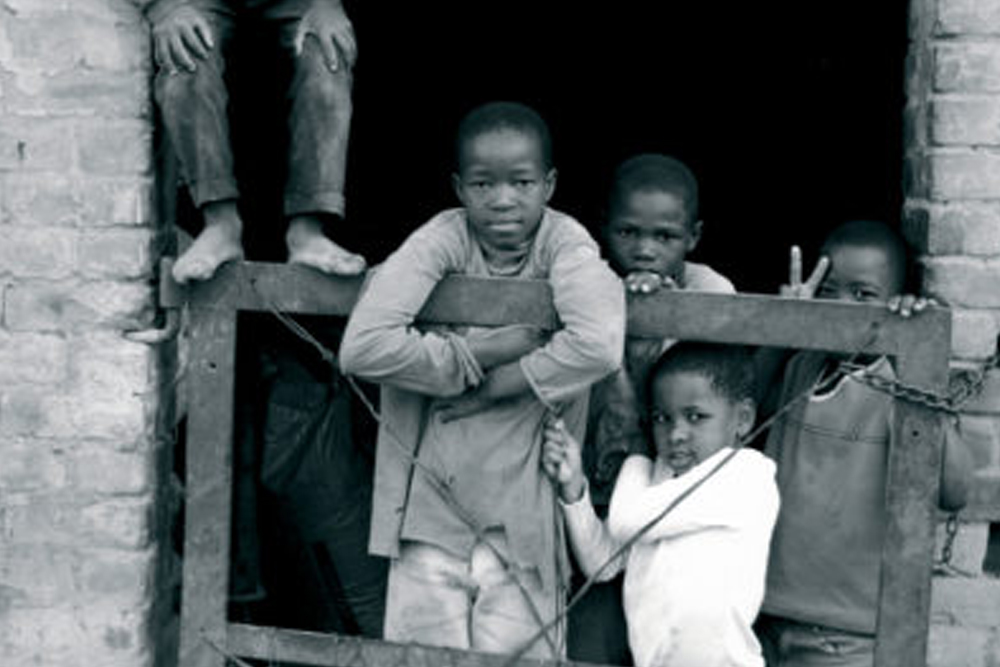
Children’s Rights in Ghana
Articles 8 and 9 of of Ghanaian Children Act of 1998, state that children cannot be deprived of their right to education, immunization, adequate diet, clothing, shelter, medical attention, and any other thing that might be necessary for their development, and they are entitled to participate in sportive, cultural and artistic initiatives, as well as other leisure activities.
On the other hand, Section 12 of the Children’s Act forbids the exploitation of child labour. Exploitation is broadly defined by article 87 to encompass any form of labour which deprives the child of health, education, and development.
Right to Education
In most countries, the constitution is the highest legislative norm where it sets out the general principles to which all other national laws and policies have to adhere to. The right education is guaranteed by the constitution in all six countries. In the West Africa Ghana, 98 percent of the country’s primary and secondary students are enrolled in school; while in some areas, a significant number do not attend classes regularly.
Secondary school is well less frequented by children due to the high rate of poverty. Instead of going to school, the need for those children to contribute to the family’s income is more essential. The high number of street children is directly linked to the poverty rate.
In Ghana, the Girls Education Unit supports the removal of barriers to girl’s education including early and forced marriages and teenage pregnancies, and the 2010-2020 Education Sector Plan highlights the importance of eliminating gender and other disparities through positive discrimination.
Right to Non-Discrimination
The right to non-discrimination is guaranteed in most international human rights treaties and serves as an underlying principle in human rights law. The project has constitutional provisions on the right to non-discrimination and all have enacted specific legislation that supports non-discrimination, and promotes the protection of the rights of children with disabilities in education. All children should not experience discrimination of any kind, irrespective of the child’s or parent’s or legal guardian’s race, color, sex, language, religion, political or other opinion, national, ethnic or social origin, poverty, disability, birth or other status.
Right to a Safe and Non-Violent Environment
The rights of the child are committed to take appropriate legislative, administrative, social and educational measures, to protect children from all forms of violence. e.g. abuse, neglect or exploitation, including sexual abuse (article 19 and article 28) which stipulates that: “State Parties shall take all appropriate measures to ensure that school discipline is administered in a manner consistent with the child’s human dignity.”
Raising Awareness for Children’s Rights
Children and communities should be aware of their entitlements in order to strengthen their capacity to claim their rights. Human rights, including children’s rights, should be mainstreamed in basic education and teacher training curricula. Child-friendly information about children’s rights should be disseminated to and made visible in schools. Local leaders, Parent Teacher Associations, school administrators, and local government officials, should be equipped with information about children’s rights, and are encouraged to monitor its implementation at school level. The awareness program has been proven to be a success as it brought sustainable change in the communities with leaders who implemented the techniques in their day-to-day work, with the help of the families and the children.
To support orphanages in Africa and to know more about the rights of the children, visit Rizing Starz International.
Click here to donate or to get involved.
« Experience Volunteering Now!
The Significance of Child Sponsorship »
